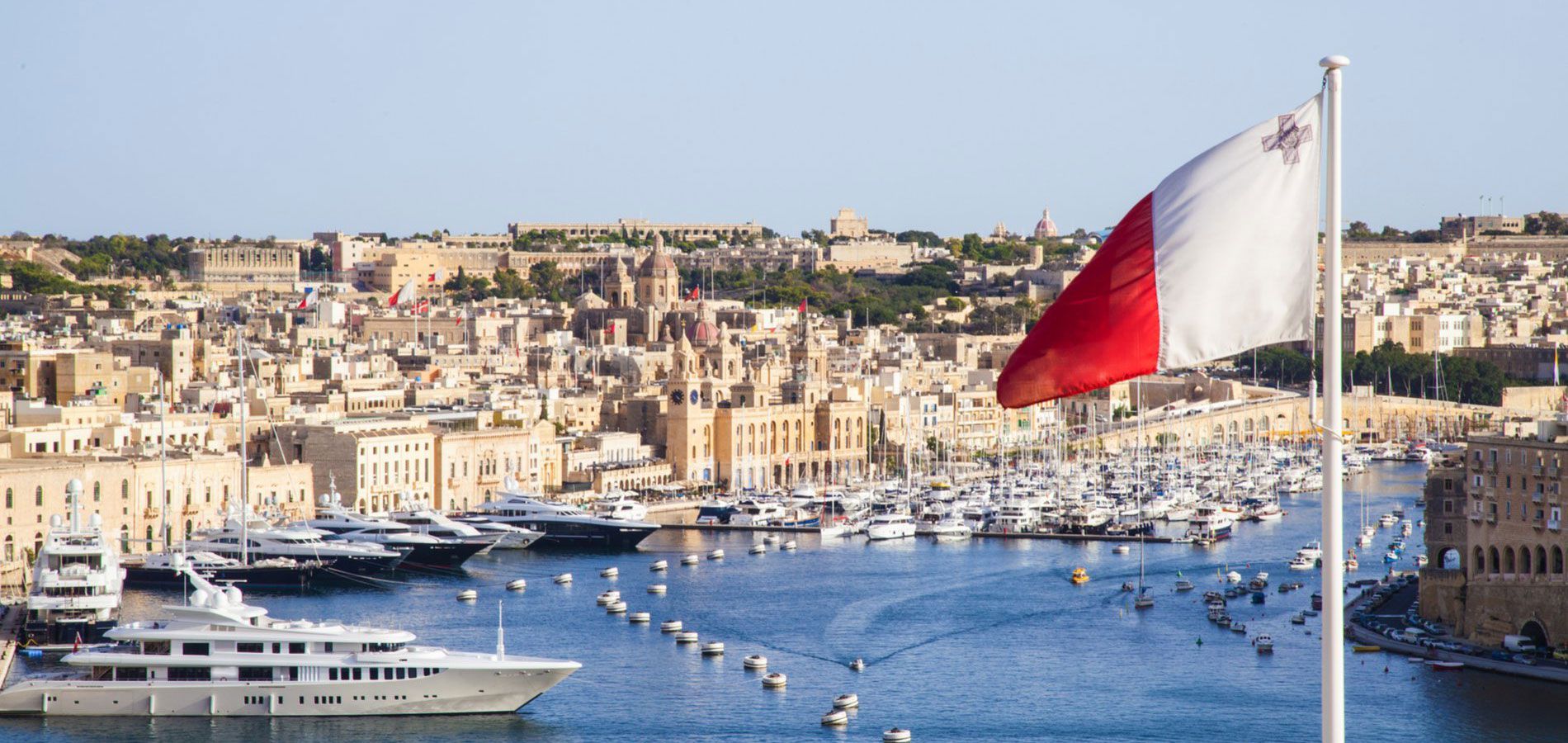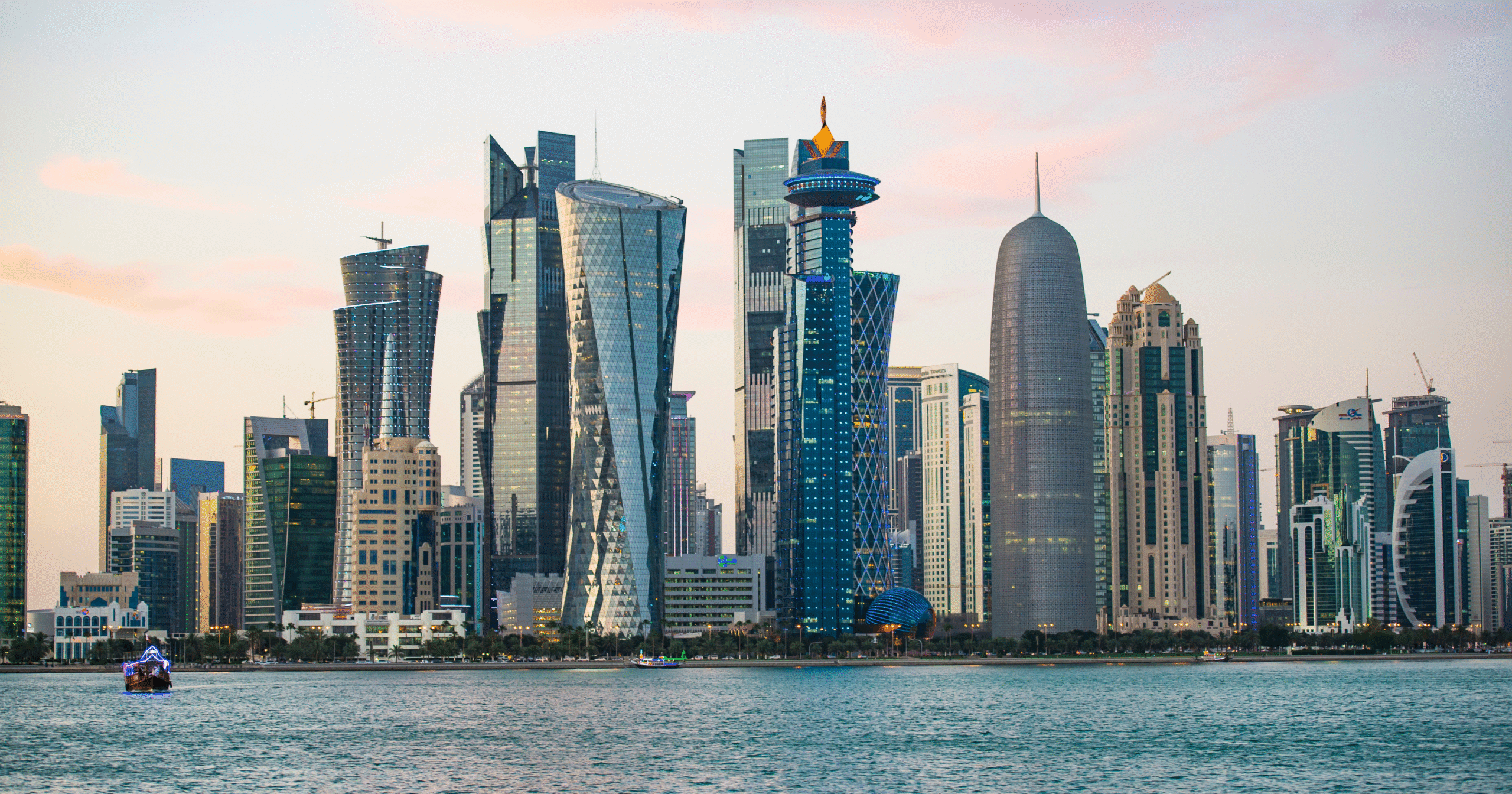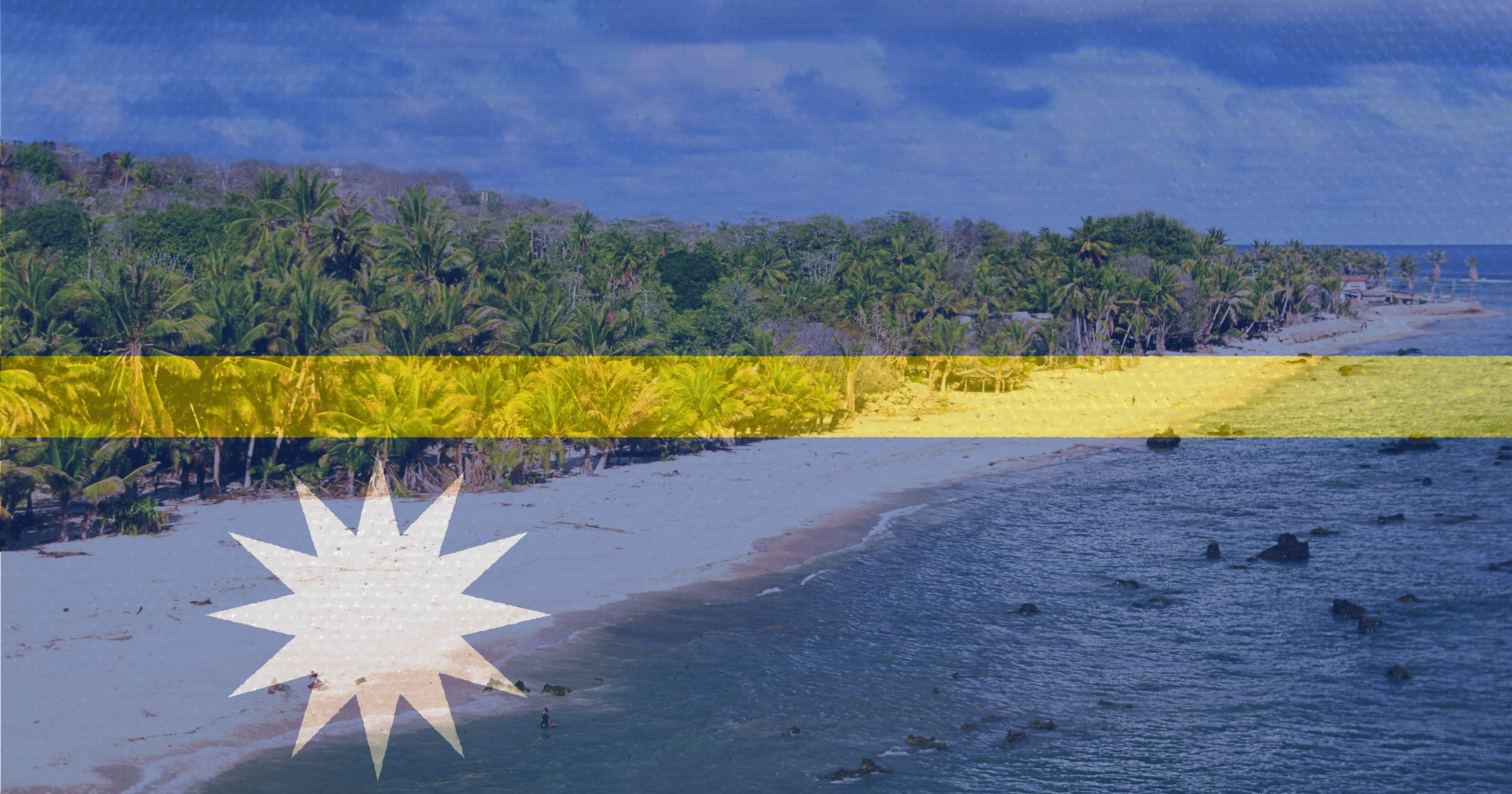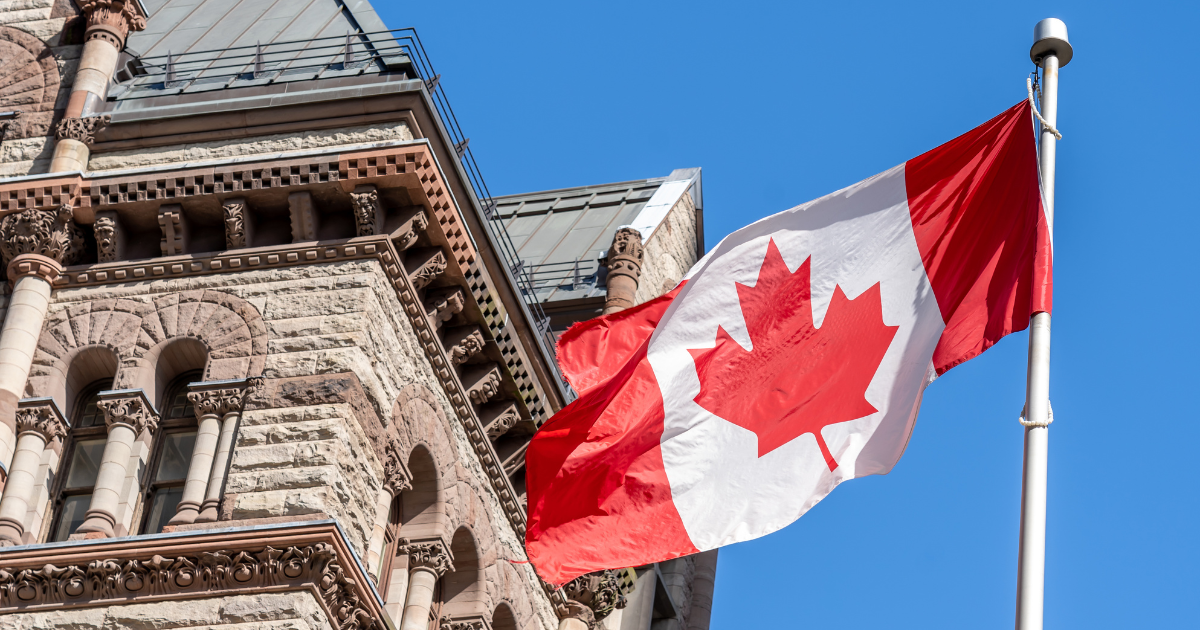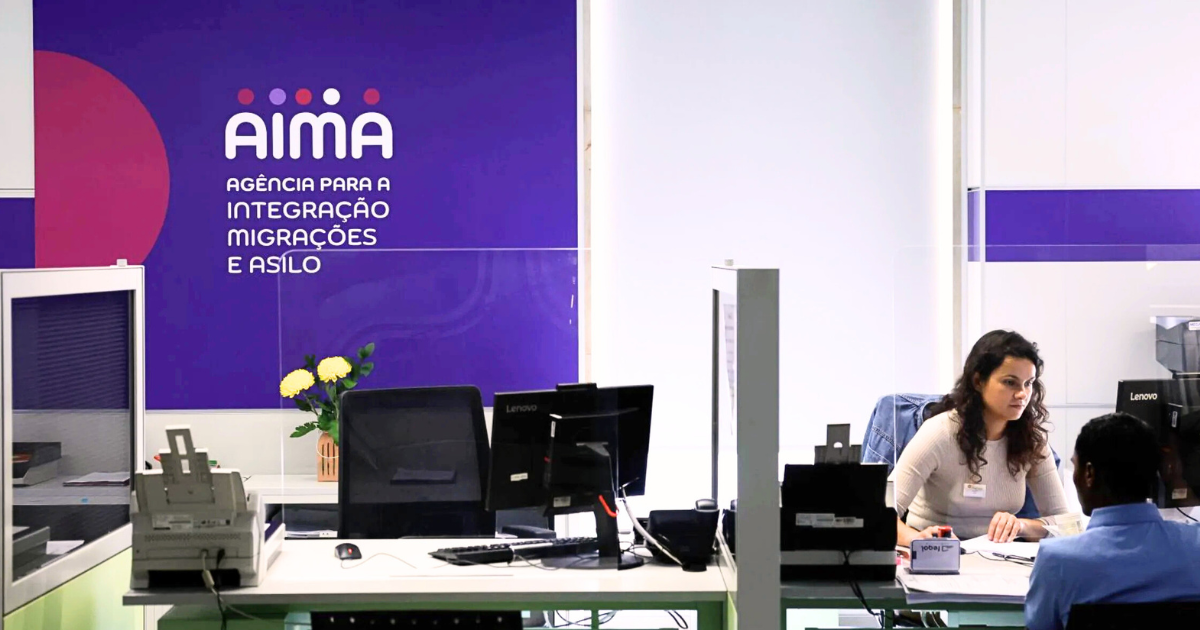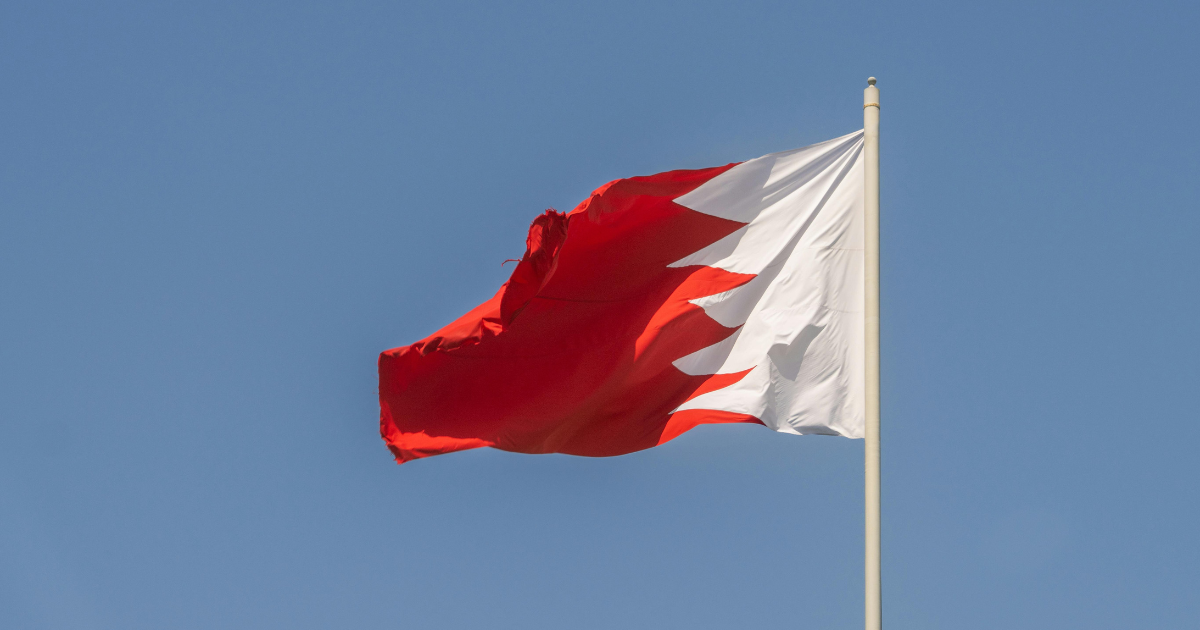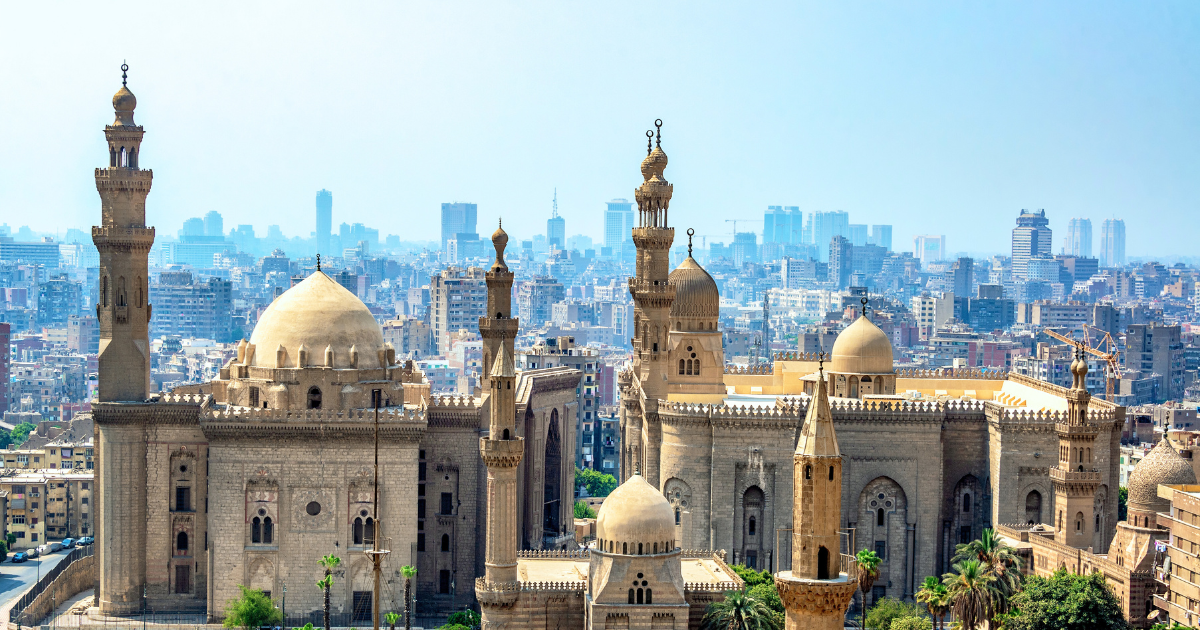Many people dream of living in the European Union. Malta offers an attractive pathway to this dream. Its Mediterranean lifestyle is a major draw. So are its business opportunities and travel freedom. You may have heard about its popular residency and citizenship routes. However, there are many details people often miss. Understanding these lesser-known facts is crucial for a successful application.
This guide reveals seven surprising things you might not know about Malta immigration programs. We will go beyond the basic requirements. We will explore hidden details that can affect your journey. Knowing these points will help you prepare better. It will give you a clearer picture of what to expect. From family eligibility to the fine print on investments, let’s uncover the secrets.
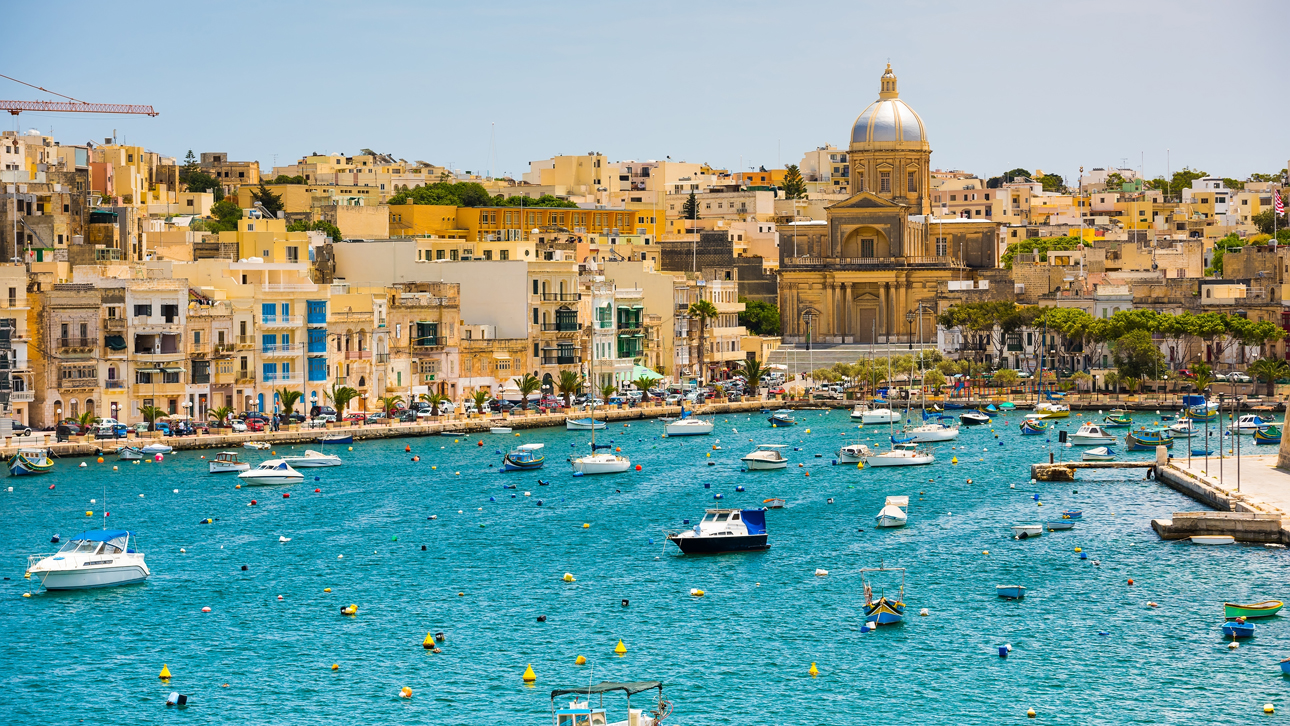
1. Family Inclusion is More Generous Than You Think
Most residency programs allow you to include your spouse and children. Malta immigration programs go much further. They have a very broad definition of “dependents.” This is a significant advantage for larger families. You are not just limited to your immediate family unit.
You can often include your parents and even your grandparents. This is possible for both the main applicant and their spouse. The key condition is that they must be principally dependent on you. This multi-generational approach is quite rare. It allows families to stay together in their new home country. Furthermore, unmarried children over 18 can sometimes be included. They must prove they are not married and are financially dependent on you. This flexibility makes Malta’s offerings stand out.
2. The ‘Genuine Link’ is a Real and Vetted Requirement
Gaining citizenship through investment is not just a transaction. The Maltese government requires applicants to establish a “genuine link” to the country. This rule was strengthened in recent years. It is a critical part of the application process. You cannot simply make an investment and receive a passport.
So what does a genuine link mean? It involves demonstrating a real connection to Malta. You must hold a residence permit for a set period before citizenship is granted. This period is either 12 or 36 months, depending on your investment level. During this time, you are expected to spend some time in Malta. You might rent or buy property, join local clubs, or make local connections. The Community Malta Agency, which handles applications, will scrutinize this. They want to see that you are integrating into Maltese society. This requirement ensures the integrity of the Malta immigration programs.
3. The Due Diligence Process is Among the World’s Toughest
Malta takes its reputation very seriously. It has one of the most rigorous due diligence processes in the world. Every applicant undergoes a multi-tiered background check. This process is detailed and leaves no stone unturned. The government wants to ensure that only reputable individuals are approved.
The checks involve multiple agencies. This includes local authorities, international databases like Interpol, and world-leading due diligence firms. They will verify your source of funds and wealth. They will check for any criminal history or security risks. Any small inconsistency in your application can raise red flags. Being transparent and well-prepared is essential. This strict vetting process protects the value of Maltese citizenship. It ensures that all new citizens have a clean background.
4. Understanding the Full Scope of Malta Immigration Programs
When people discuss Malta immigration programs, they often focus on citizenship by investment. This is officially known as the Maltese Citizenship by Naturalisation for Exceptional Services by Direct Investment (CES). However, this is not the only option. Malta offers several other attractive pathways.
The Malta Permanent Residence Programme (MPRP) is a very popular alternative. It grants you permanent residency status. With the MPRP, you can live in Malta indefinitely. You can also travel visa-free within the Schengen Area. The investment requirements are lower than for citizenship. There are also options for digital nomads and highly skilled workers. The Malta Nomad Residence Permit is for remote workers. The Key Employee Initiative fast-tracks permits for specialized professionals. Exploring all these options is key to finding the right fit for you.
5. Investment is Not Just About Buying Property
Real estate is a popular investment option for many applicants. Buying or renting a property is a core requirement for most programs. However, your financial commitment does not end there. The Malta immigration programs require a multi-faceted investment strategy.
For the citizenship (CES) route, you must make three key contributions. First, you buy or rent a property. Second, you make a significant, non-refundable contribution to the national development fund. Third, you must make a mandatory donation of at least €10,000 to a registered local charity. For the MPRP, you also have a mix. It involves a property investment, a government contribution, and a charitable donation. Understanding this complete financial picture is vital for proper planning.
6. Tax Implications Are Not as Simple as ‘Tax Haven’
Malta has a favorable tax system. This is a major benefit for new residents. However, it’s a misconception to think of it as a tax-free paradise. The rules are nuanced. Your tax liability depends on your residence and domicile status. Malta operates on a remittance basis of taxation for non-domiciled residents.
This means you are generally only taxed on income you bring into Malta. Foreign-sourced income that you keep outside of Malta is not taxed by Malta. However, any income earned within Malta is fully taxable. There is also a minimum annual tax for individuals holding certain permits. It is crucial to get professional tax advice. A specialist can help you structure your finances efficiently. This will ensure you comply with Maltese law while optimizing your tax position.
7. Your Rights and Obligations as a Resident
Receiving your residence permit is just the beginning. You gain many rights, but you also take on certain obligations. As a resident under the Malta immigration programs, you must maintain your eligibility. This includes holding your qualifying investment for the required period. This is typically a minimum of five years.
You must also maintain global health insurance coverage. You must not spend more than a certain number of consecutive months outside of Malta. For permanent residents, this is important to maintain your status. You also have the right to access Malta’s high-quality healthcare and education systems. Understanding both your responsibilities and your benefits is key to a smooth and successful life in Malta. It ensures you remain in good standing with the authorities and can fully enjoy your new home.
Follow us on social media and website for more insights!


